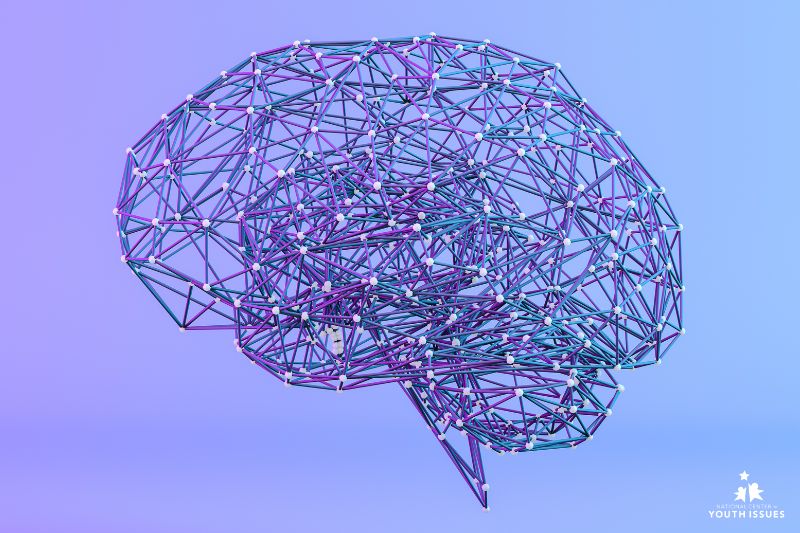
Menu

The human brain is a complex and fascinating organ that controls everything we do, from thinking and feeling to moving and breathing. While it may seem overwhelming to learn about, even basic neuroscience can be incredibly helpful for kids to understand. Here are a few reasons why:
Kids are naturally curious about the world around them, and neuroscience can help to satisfy that curiosity. By learning about how their brains work, kids can develop a deeper understanding of themselves and the world around them. This can lead to a lifelong love of learning and exploration.
Kids are constantly learning to manage their emotions and behavior. Neuroscience can help them understand why they feel the way they do and why they behave the way they do. This knowledge can empower them to make better choices and manage difficult situations.
As kids learn about the brain’s role in emotions, they gain a better understanding of their own feelings and behaviors. This self-awareness can foster emotional intelligence, enabling them to navigate social situations more effectively and build stronger relationships.
Neuroscience can help kids learn that everyone’s brain is different. This can help them develop empathy for others and understand that there are many ways of thinking and feeling.
Neuroscience introduces the concept of neuroplasticity, the brain’s ability to change and adapt. This understanding can foster a growth mindset, encouraging children to embrace challenges, learn from mistakes, and persist in the face of obstacles.
Neuroscience can help kids to understand how their brains work and how different choices can affect their brains. This knowledge can empower them to make healthy choices about their diet, exercise, and sleep.
In an innovative new book, Your Amazing Brain, Jessica Sinarski transforms complex neuroscience into fun graphics, simple metaphors, and practical solutions for students ages 7 and up. Jam-packed with insights for kids and helpful guidance for adults, this “user’s manual for the brain” is sure to become a go-to resource in your home, classroom, or therapy office.
Check out Your Amazing Brain today! And as a bonus, get the Resource Bundle! Full of activities, worksheets, bookmarks, and a game, this beautiful resource helps students dive deeper into neuroscience and regulation.
Learning about neuroscience can be a rewarding and enriching experience for kids of all ages. By understanding how their brains work, kids can develop a deeper understanding of themselves, the world around them, and their place in it.
Written by Jennifer Deshler.
Sign up for our Newsletter
The semi-monthly eNewsletter features:
Please note that we use cookies necessary for the functioning of our website and to optimize performance. To learn more about our cookies and how we use them, please read our Privacy Policy.